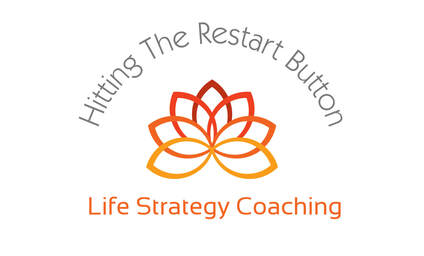|
Mental clutter can negatively impact your ability to focus and process information. A cluttered mind can result in constant stress, which can lead to anxiety, procrastination, difficulty in relationships, make it harder to control impulses, as well as anxiety and even depression.
As you embrace Spring and all its loveliness, consider engaging in some mental practices that can help clear the clutter that might be taking up valuable space in your mind: Declutter Your Environment A cluttered space can lead to a cluttered mind. This is because clutter and mess are linked to negative emotions like confusion, tension, and irritability. On the contrary, an organized home and work environment can produce more positive emotions like calmness and a sense of well-being. Take time to declutter your living and workspaces, creating a more organized environment and notice how you feel lighter, more relaxed and focused. Practice Mindfulness Mindfulness involves sitting still, focusing on your breath, being fully present and letting go of any thoughts that arise. Any thoughts, emotions, and physical sensations that do arise should be allowed to flow through without judgment. Incorporating mindfulness techniques such as meditation and deep breathing exercises is great for alleviating anxiety associated with cognitive overload or simply put, a cluttered mind. Journaling Journaling is a practice that enables you to empty your mind and organize your thoughts. Done regularly, it can help you process information clearly, stimulate creativity, and detach from negative experiences. Writing things down allows you to organize your thoughts, improve your memory, and reduce intrusive thoughts about negative events. In addition, you will be more likely to gain control of your emotions, boost your mood, and improve your mental health. Prioritize Tasks Prioritizing tasks based on importance and urgency can aid in the reduction of mental clutter by helping you focus on what needs to be done first. It provides a way for you to focus on what needs to be done first and prevent feeling overwhelmed and stressed. Clear Your Calendar A jam-packed calendar can make it hard to concentrate, cause needless stress and interfere with your ability to focus. One solution is to schedule future commitments that do not require your immediate attention. Of course, eliminating certain tasks altogether that don't serve you or bring you joy is an additional option. Develop Routines, Systems, and Habits Creating habits that help you start your day with a clear mind, and end your day with a more relaxed body and mind does wonders for reducing mental clutter. A study by Tel Aviv University found that predictable, repetitive routines can help reduce anxiety and help you take control of your day. Daily routines and having a et schedule can provide a sense of structure and predictability, which can reduce stress, anxiety, and maintain good mental health. Building time into your routine to give your mind a chance to process and transition from one thing into the next is a beneficial habit. For example, you can take a short walk between meetings, or stop for a minute of deep breathing before starting a new task. Practice Self-Care Spending more time doing things that are good for your mind, body, and soul are all part of holistic self-care, which is a wonderful way to clear out the clutter of negative thoughts and stagnant energy. This includes nutritious eating, a good movement routine and lots of time spent in nature. Till next time, Elisa
0 Comments
|
ELISA
|
|
Elisa Valentino
HOLISTIC BEHAVIORAL PRACTITIONER DIVORCE & LIFE TRANSITION COACH SPIRITUAL LIGHTWORKER PUBLIC SPEAKER PODCAST HOST |
©2024 Hitting The Restart Button




 RSS Feed
RSS Feed
